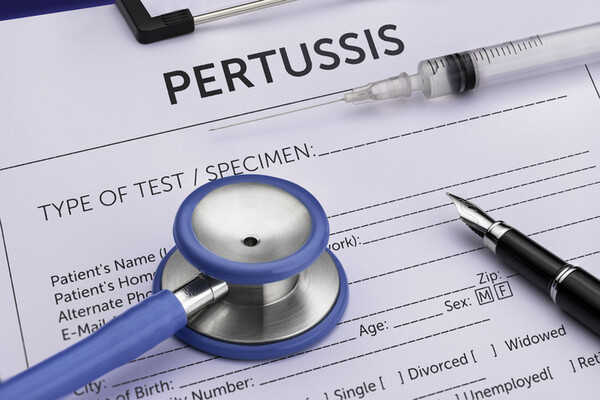The Korea Disease Control and Prevention Agency (KDCA) announced on Tuesday the country’s first death from pertussis, or whooping cough, since 2011, as infections spread rapidly, particularly among children and adolescents.
According to the KDCA, cases of the highly contagious respiratory illness have exceeded 30,000 this year as of Nov. 2. Pertussis can lead to severe complications, including brain hemorrhage in infants.
Although pertussis cases in Korea have steadily emerged among infants, children, and adolescents, this fatality marks Korea’s first recorded pertussis-related death since 2011, when the country began tracking pertussis-related mortality.

The patient, an infant under two months old, died on Nov. 4 after symptoms worsened. The infant had not yet received the first dose of the pertussis vaccine and was diagnosed on Oct. 31 after showing symptoms including persistent coughing and phlegm.
The KDCA stressed the importance of vaccination for pregnant women, household members, and caregivers to protect infants under one year of age, who are particularly vulnerable.
Infections remain concentrated among infants, children, and adolescents. This year’s reported cases have surged to 30,332 as of the first week of November, a stark rise from the 292 cases reported last year.
Teenagers aged 13-19 account for 45.7 percent of cases (13,866), and children aged 7-12 represent 42.0 percent (12,725), together making up nearly 88 percent of all infections. Cases among children aged 0-6 have also increased since August, with infections among infants under one rising from 2-4 per week in early October to 12 by the end of the month.
“With the first pertussis-related death, it is essential to prioritize precautions for high-risk groups,” said KDCA Commissioner Jee Young-mee. She advised handwashing, respiratory etiquette, and mask-wearing during respiratory symptoms to help protect children and reduce transmission as winter approaches.
The KDCA recommends that pregnant women receive the pertussis vaccine in the third trimester (27-36 weeks) to provide infants with immunity before their initial vaccination at two months. The agency also advises timely administration of the scheduled vaccine doses for infants at 2, 4, and 6 months of age.
High-risk individuals, including those with weakened immune systems or chronic respiratory conditions, along with parents, caregivers, healthcare workers, and postpartum care staff, are also encouraged to receive the vaccine amid the current outbreak.

